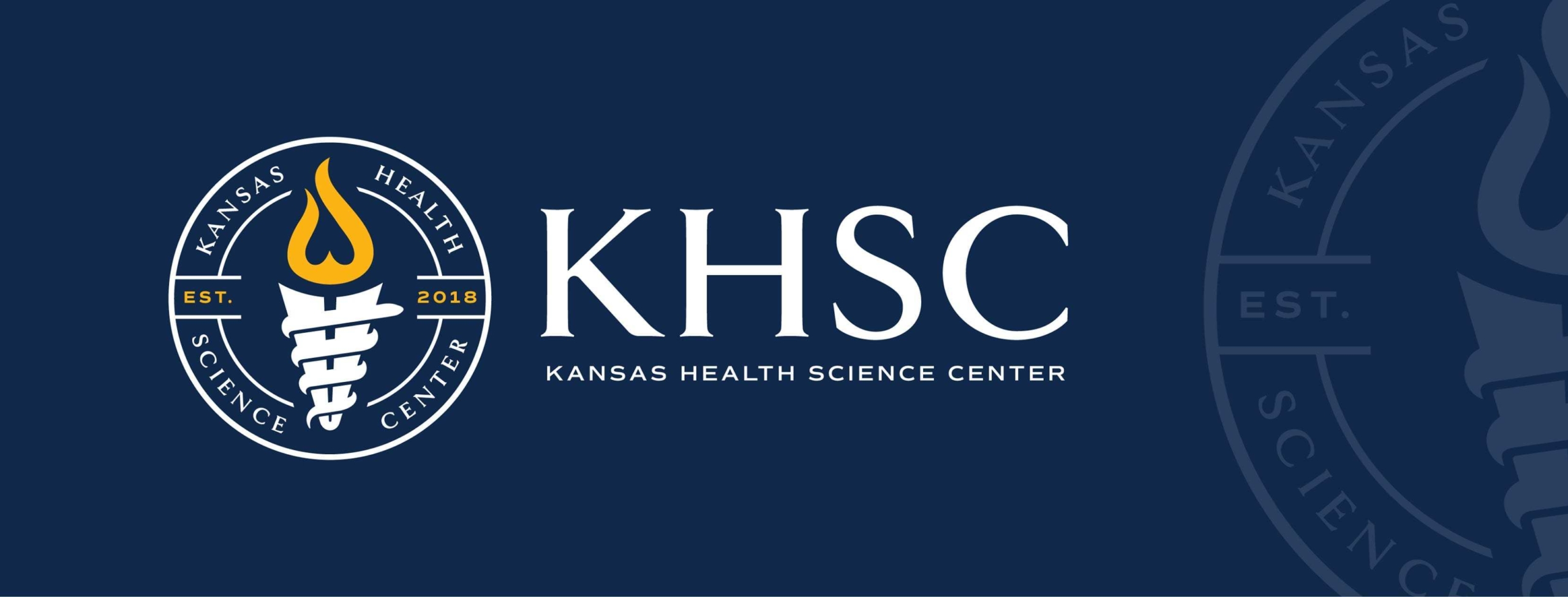Simulation has many advantages for training future physicians.
Simulation-based training as a learning modality and performance-improvement tool within health care has garnered significant attention and research over the past two decades. While more traditional learning mechanisms, such as lectures, apprenticeships, and practice-based learning continue to provide students with the foundational knowledge, research shows the benefits of experiential learning and its benefits to students and professionals at all levels of the health care delivery system.
Simulation is not new to Wichita, home of Kansas Health Science Center’s Kansas College of Osteopathic Medicine (KansasCOM). Some of the first documented simulations, philosophies, and pedagogies were seeded in aviation and have long been used in the region in a variety of ways. Aviation simulation trains pilots to address rare emergency flight scenarios, test complex aviation systems for safety, and develop process improvements. Broadly, simulation is everywhere from health care, space travel, military, software engineering, systems testing, and more. KansasCOM will use these tried-and-true techniques in a focused way to train future doctors for real-world experiences.
Access to medical based health care simulation has become a standard expectation in modern-day medical schools. The rapid advancements in the field of medicine only accelerates the need for high-quality health care simulation. Educators must accept their roles as stakeholders in the molding of the next generation of physicians and health care providers and acknowledge how simulation helps achieve a safer, more effective, efficient, and ethical health care system.
Medical simulation will enhance physician training in these ways.
- Medical simulation offers the faculty flexibility and accessibility for unique learning opportunities. Simulation training can run the gamut from preventative care in an office setting to invasive surgery in the operating room. Simulation offers scheduled, valuable learning experiences that are difficult to obtain in real life. Learners address hands-on and thinking skills, such as knowledge-in-action, procedures, decision-making, and effective communication. Because any clinical situation can be created at will, the learning opportunities can be scheduled and repeated as needed to meet the cohorts needs.
- Learning experiences within medical simulation can be customized to accommodate a wide range of learners from novice to expert. Beginners gain confidence in learning procedures and tasks, while experts strengthen communication and teamwork as well as learn new technologies and therapies. Complex procedures or rare diseases require additional opportunities for practice, yet these occasions are rarely available in clinical settings, highlighting just one instance where simulation can fill a gap.
- Medical simulation provides freedom to make and learn from mistakes. Working in a simulated environment allows learners to make mistakes without the need for intervention by experts to stop patient harm. By seeing the outcome of their mistakes, learners gain powerful insight into the consequences of their actions and the need to “get it right.”
- Medical simulation provides improved opportunities for feedback and evaluation. Providing thoughtful, real-time feedback at a hospital or in a clinical setting can be challenging and less than ideal. In comparison, controlled simulations can be immediately followed by video recording debriefs or after-action reviews that richly detail what transpired. Physicians with major errors during simulation are offered opportunities to provide reflection, discuss feelings, and provide remediation if needed.
Simulation-based training has significantly increased over the past decade, revolutionizing medical education. KansasCOM will maximize and leverage the use of medical simulation, structured assessments and interprofessional education to improve the learning of future health care providers. The team considers it a deep privilege and responsibility to facilitate this learning and looks forward to accelerating empathetic health care within our community, our state, and beyond.
KHSC Director of Simulation Megan Bayer is a registered nurse, an international board-certified lactation consultant, and a certified healthcare simulation educator. She has participated in high fidelity simulations with students from nursing, pharmacy, and medical schools, as well as in hospitals. Bayer is passionate about serving the community. She has more than 14 years of experience as a nurse in a clinical setting – most recently caring for COVID patients, has a wide range of teaching experience, and spent a decade as a small business owner. She received her bachelor’s degree in nursing from Wichita State University and her master’s degree in nursing education from Fort Hays State University. In her free time, Megan enjoys spending time doing everything Wichita with her husband and three children.
Updated to reflect KansasCOM’s receipt of pre-accreditation status from the Commission on Osteopathic College Accreditation (COCA) on December 8, 2021

